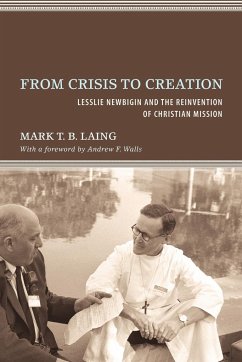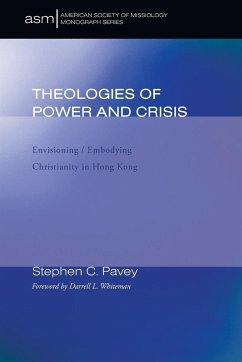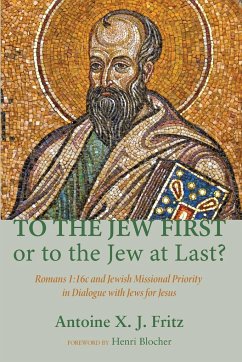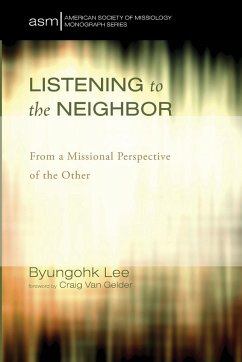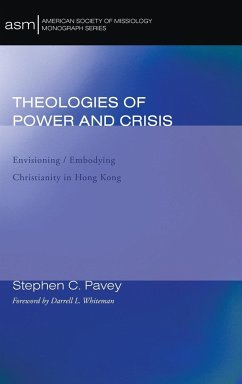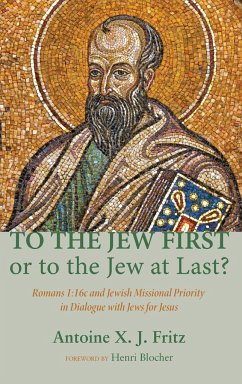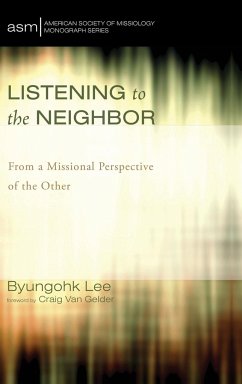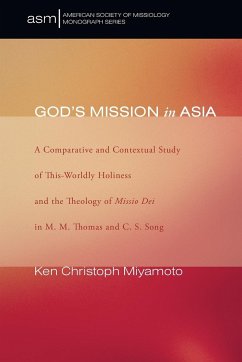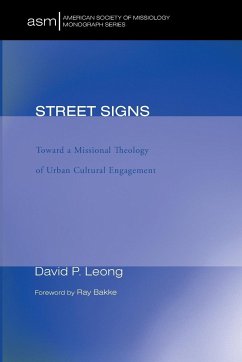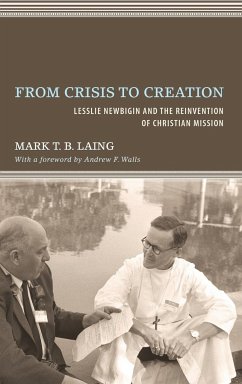
From Crisis to Creation
Versandkostenfrei!
Versandfertig in 1-2 Wochen
53,99 €
inkl. MwSt.
Weitere Ausgaben:

PAYBACK Punkte
27 °P sammeln!
Lesslie Newbigin (1909-1998) was one of the seminal theologians of mission in the twentieth century, and perhaps the most important in the English-speaking world. His thinking was anchored in the practice of mission: he was a missionary in India, a bishop of the Indian church, and a leader in emerging international mission structures. In his late years, he pioneered research on how the gospel could engage with Western culture. For many he is the founding father of the missional church movement. This book is the first to address the crucial role Newbigin played in shaping ecumenical thinking on...
Lesslie Newbigin (1909-1998) was one of the seminal theologians of mission in the twentieth century, and perhaps the most important in the English-speaking world. His thinking was anchored in the practice of mission: he was a missionary in India, a bishop of the Indian church, and a leader in emerging international mission structures. In his late years, he pioneered research on how the gospel could engage with Western culture. For many he is the founding father of the missional church movement. This book is the first to address the crucial role Newbigin played in shaping ecumenical thinking on mission during the twentieth century, filling an important gap in our knowledge of the development of twentieth-century missional theology. It does so by seeking to answer a central question in Newbigin's thinking: How does ""mission"" relate to ""church""? Taking the integration of the International Missionary Council with the World Council of Churches as its central focus, this book provides a unique history of crucial events in the ecumenical movement. But more importantly, through a study of Newbigin's role in the theological debate, this book demonstrates how missional theology evolved during the postwar period when there was a ""sea change"" in understandings both of mission and church.





